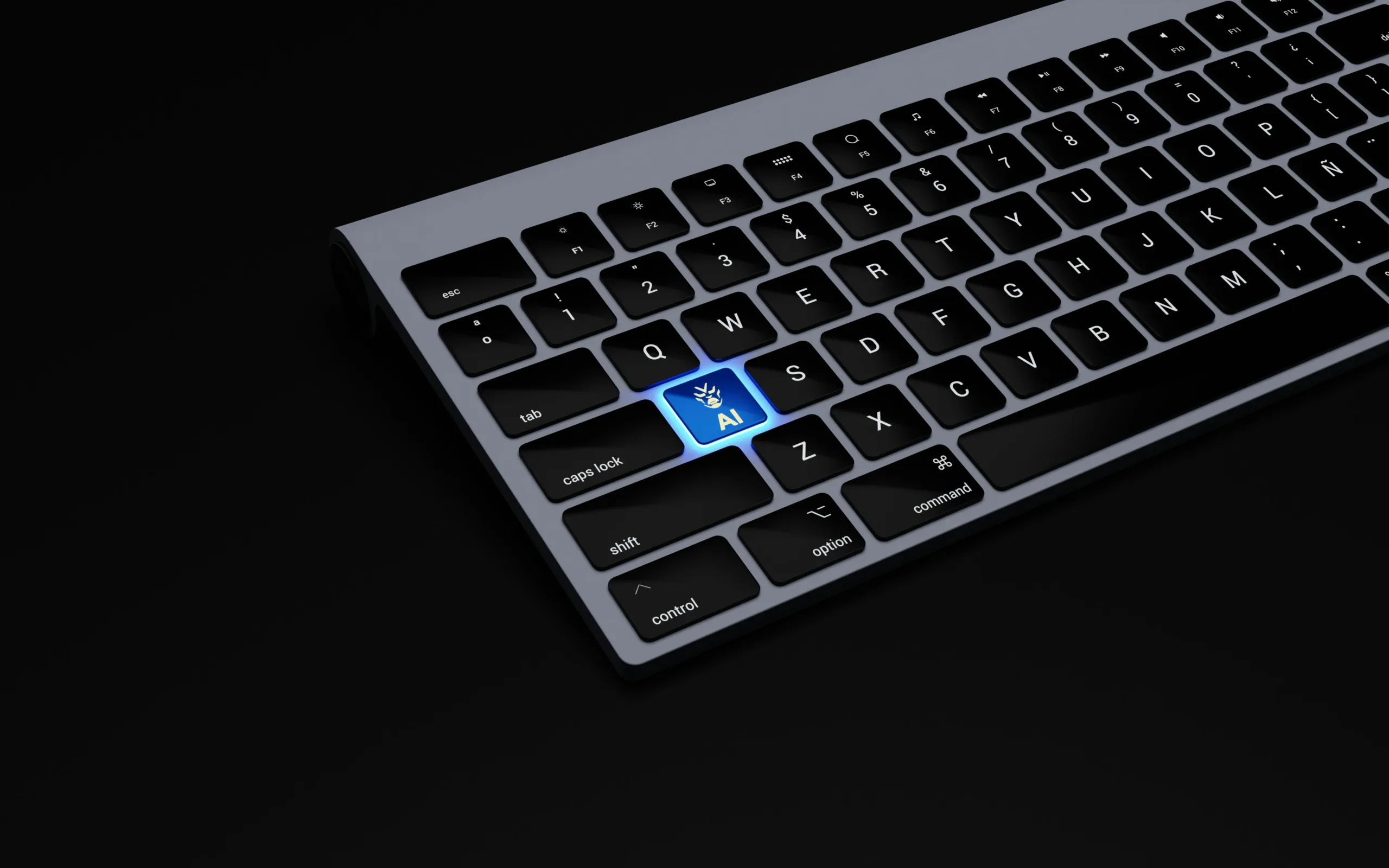The future of tech will not wait for anyone. Tools evolve overnight, new platforms emerge every quarter, and yesterday’s in-demand skills quickly fade.
If you want to stay ahead, you need more than technical talent — you need the vision, adaptability, and problem-solving power that make you an indispensable part of the digital revolution.
Core Technical Skills That Will Define the Future
Digital transformation depends on a strong technical foundation. The most in-demand professionals are those who combine deep expertise with an understanding of how technology drives value across industries.
AI and Machine Learning Mastery
Artificial intelligence is transforming everything from customer service to logistics. Developers with a strong grasp of machine learning algorithms, natural language processing, and predictive analytics are essential to building smarter solutions.
Understanding how AI models work and how to train, deploy, and scale them will give you a decisive edge in a rapidly changing market.
Cloud and Edge Computing Expertise
Cloud platforms have become the backbone of modern infrastructure. Mastering services like AWS, Azure, and Google Cloud allows you to design scalable systems that adapt to demand and support rapid innovation.
Edge computing is also growing in importance as organizations seek faster processing and lower latency.
Skills in distributed architectures and container orchestration will keep you ahead as systems become more decentralized.
Blockchain and Decentralized Tech
Blockchain is expanding beyond cryptocurrencies into sectors like supply chain, identity verification, and data security.
Developers who can write smart contracts, build decentralized applications, and design trust-based systems are highly sought after.
As industries adopt blockchain for transparency and security, understanding how to integrate it into existing ecosystems will become a key differentiator.
Cybersecurity Awareness
With the rise of digital threats, cybersecurity is no longer optional. Businesses expect developers to build security into every stage of the software lifecycle.
Knowledge of encryption methods, secure authentication, and risk assessment tools is vital. Staying ahead of evolving threats ensures your solutions are resilient and trusted.
Digital Skills Beyond Code: What Sets You Apart
The future belongs to those who can transform technical knowledge into strategic value. It’s the same reason companies often turn to a software development company like freshcodeit.com — to connect advanced technology with meaningful business outcomes. Cultivating that mindset will give you a competitive edge.
Data Literacy and Analytical Thinking
Every decision in tech now relies on data. Understanding how to collect, interpret, and act on data insights enables you to make smarter decisions and improve outcomes. Basic skills in data visualization, statistical reasoning, and query languages like SQL are invaluable.
Analytical thinking also sharpens your problem-solving approach, which allows you to anticipate challenges before they occur.
Automation and Workflow Optimization
Efficiency is the foundation of scalable innovation. Automation reduces errors, accelerates delivery, and frees time for high-value tasks. Learning how to streamline workflows can transform your effectiveness and make you indispensable to any team.
Here are key areas where automation skills matter most:
- CI/CD pipelines for continuous integration and deployment
- Test automation to ensure reliability at scale
- Infrastructure as code to manage environments efficiently
- Process automation tools for routine tasks.
Mastering these areas helps you deliver projects faster and with fewer issues, which increases both productivity and value.
The Power Skills: Future-Proofing Through Human-Centric Abilities
Technical skills open doors, but soft skills sustain long-term success. The ability to adapt, collaborate, and think creatively determines how far your expertise can take you.
Adaptability and Growth Mindset
Technology never stands still. Those who thrive embrace continuous learning and treat change as an opportunity rather than a threat.
A growth mindset allows you to absorb new tools and approaches without hesitation and keeps your skills relevant even as industries shift.
Collaboration Across Disciplines
Modern projects often require coordination between developers, designers, analysts, and business leaders. Strong collaboration skills ensure ideas move smoothly from concept to reality.
Being able to communicate clearly, listen actively, and integrate diverse perspectives makes you a valuable contributor to any team.
Creative Problem-Solving
The most innovative solutions often emerge from unconventional thinking. Creative problem-solving involves challenging assumptions and exploring multiple paths to success. It turns obstacles into opportunities and drives meaningful innovation.
Below is a snapshot of how creative problem-solving compares to traditional approaches:
| Approach | Traditional Thinking | Creative Problem-Solving |
| Focus | Solves immediate issues | Anticipates future challenges |
| Method | Follows known methods | Explores new perspectives |
| Outcome | Incremental | Breakthrough innovation |
| Value | Short-term efficiency | Long-term growth |
Developing this mindset not only improves your technical work but also positions you as someone who can lead transformation.
Leadership and Strategic Vision in a Tech-Driven World
The future of technology belongs to those who can see beyond the code. Leadership in this context means understanding business goals, aligning technical decisions with strategic outcomes, and guiding teams toward shared objectives.
It also involves communicating the value of technology to stakeholders and anticipating where innovation is heading.
Even without a formal leadership title, cultivating strategic thinking helps you influence decisions and shape the direction of projects and products.
In Summary
The tools of tomorrow are only part of the story. What truly shapes the future is the mindset behind them. By combining advanced technical skills with creativity, adaptability, and strategic vision, you move beyond just being a developer. You become an architect of transformation.



